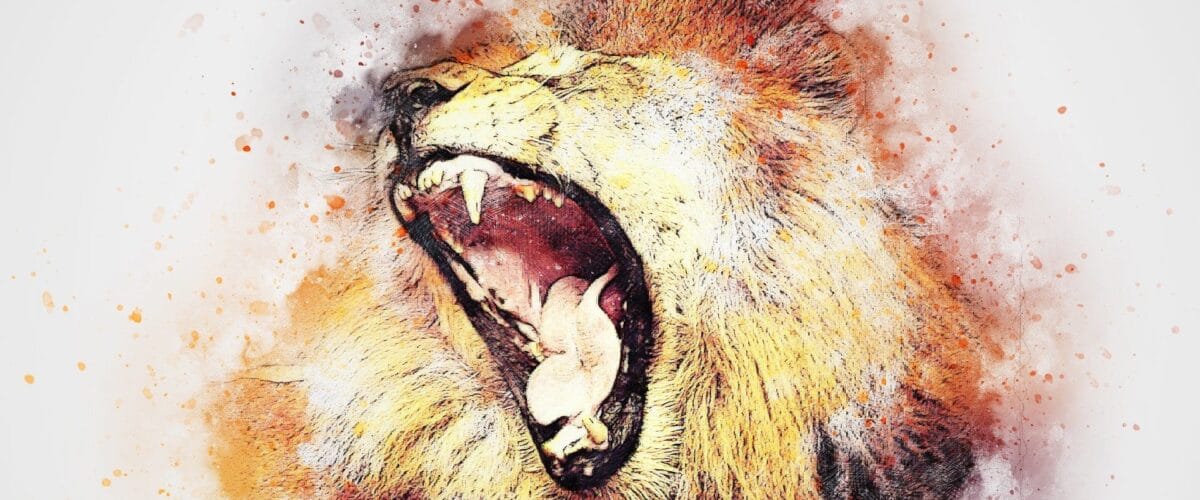Godzilla decided to vacation this year in Tokyo, hoping to do a little shopping and to take in a few of the exotic sights and points of interest. He had even worked up the courage to be adventurous enough to taste some of the local cuisines. So you can only imagine his chagrin at the media’s portrayal of his arrival as being catastrophic. I mean, how was he to know that all of that running around and screaming wasn’t just an elaborate welcoming ceremony . . . after all, that’s how he’s greeted everywhere else he goes. I guess the Japanese are just not much for tourism.
Like Godzilla, everyone assumes that their actions comport with socially acceptable norms, completely unaware that they are only referencing their own interpretation of what those socially acceptable norms are. In this way, we all take our turn being Godzilla, until someone is kind and thoughtful enough to point out to us the actual net-effect that our actions are having. But being blind to what our own actions say about us has many permutations – for instance, you’re likely unaware of just how tempted to worship the Chaldean god, Mammon, you’ve been.
Ancient cultures worshipped many variations of Mammon — seeking prosperity, a bountiful harvest, and fertility. Given that mere survival in the ancient world wasn’t really a given, concerns about harvest and fertility were matters of life and death. So the idea of appeasing these gods was not taken lightly – as they were seen as the very realities of life itself. But for us today, prosperity represents getting more of what we want than it does about having what we need. Of course, this all begs the question: what actually constitutes worship of Mammon?
Jesus clearly states, “You cannot serve God and Mammon” (Matthew 6:24). Some translations interpret mammon as “money” – but this strikes me as transparently reductive, given the context of the passage (Matthew 6:19-34). And I think we can also assume from that same context that Jesus’ point isn’t to literally juxtapose the God of Israel with a pagan god. So what does the context tell us? Is Jesus only warning us of how greed and avarice are innately in competition for God’s sovereignty? Or is he challenging a much larger paradigm?
If I were to ask you: where is your heart? Would that be at variance from where your treasure is (19-21)? If so – then could it be that your perception about what’s really important has been darkened (22, 23)? So to whom does your heart belong (24)? What does your anxiety tell you? Has it made you a servant of your personal security? If so – is that because you doubt God’s assessment of your value to him (25-32)? Why do you think that is true? Are you afraid he has forgotten you . . . left you to your own devices?
I think mammon sneaks into our lifestyle well before we even recognize its presence. It comes in under the guise of taking care of our day-to-day needs – but this is precisely what Jesus says are the concerns we are to entrust to him . . . and that our concern should be for his kingdom (33). What does your eye see (22, 23)? Does it see a future that belongs to God, under the sovereignty of his loving care, where his kingdom comes? Or are you filled with doubt, where you have to hedge your bets against an unknown future . . . just like the pagans of old? So I guess it’s really a question of who owns your future, God or mammon? A little advice – don’t be so quick to answer that . . . because the last thing you want to be is Godzilla, trying to rationalize why your recent visit to Japan was such a bust.
No matter how much — it’s never enough




















[…] Open the full article on the kingdomwinds.com site […]